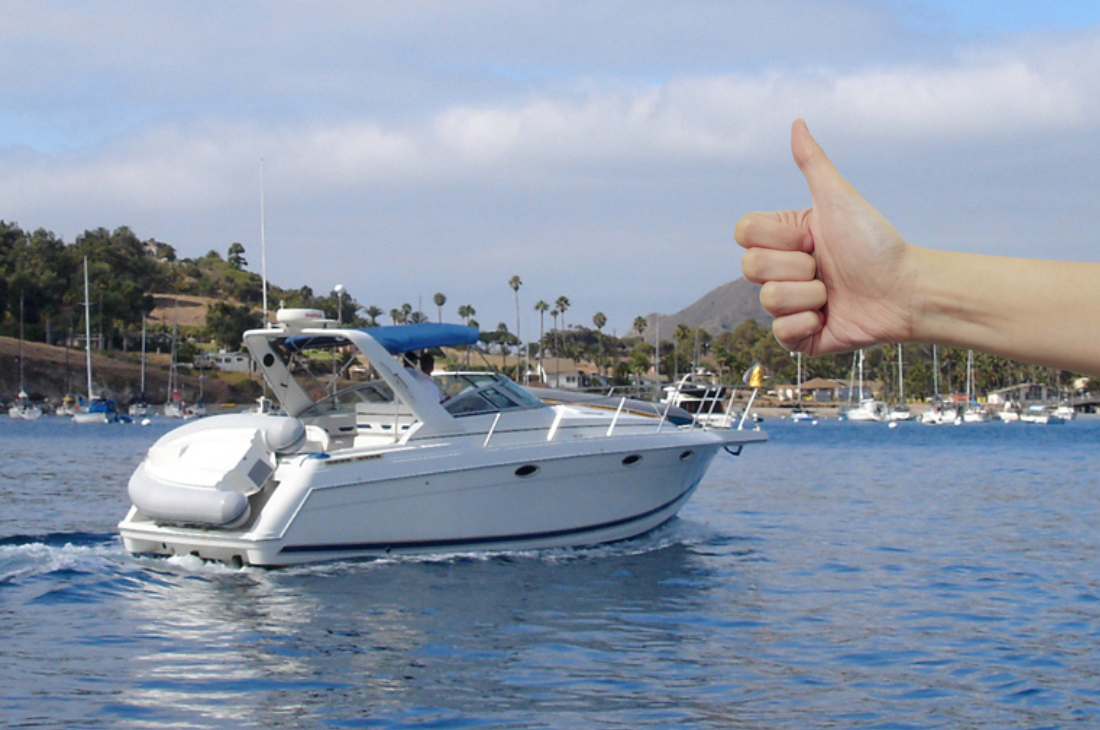
6 Tips for Good Boating Etiquette
Whether you're a seasoned boater or just getting into it, you'll want to make sure that everyone has an enjoyable time on the water. Here are some boating etiquette tips that will help you out:
Do not litter. You are responsible for disposing of your trash.
In order to be good at repairing fiberglass, you should have a basic knowledge of the materials and processes involved.
First, you will need to know how to identify different types of fiberglass and how they differ from each other.
Second, you should know what the different types of materials are used for in the construction of a boat. These include epoxy resins, polyester resins, polyester gel coats, polyester fillers and fabrics.
Third, you should be able to recognize defects caused by oxidation or UV damage on the surface of a boat's hull or deck.
Fourth, you should have some understanding about how these defects affect different parts of the hull or deck such as strength and durability.
Fifth, you should be familiar with the tools and equipment used for repairing fiberglass boats such as sanders, buffers and polishers along with paints and primers used for finishing repairs made on various types of boats including speedboats, sailboats and fishing vessels.
Stay within the designated boating speed limit.
Boat hull repair is a job that requires a variety of skills. You may need to repair holes, fix cracks, or even replace damaged or worn out parts with new ones. When working on a boat's hull, it's important to have an understanding of how it was built so that you can properly identify and replace parts. You'll also need to be able to use blueprints or other instructions to guide your repair work. Additionally, it is helpful if you possess the ability to work with your hands, as you will be handling tools and parts that are very sharp and dangerous.
Make sure you're quick when fueling your boat on the water.
Don't wait until the last minute to fuel up, especially if you're in a hurry. You don't want to be running out of gas and having to go back to shore under power that could be used for steering or just plain speed.
Be quick when fueling your boat on the water (or anywhere else). It's important not only because being quick makes everything easier but also because people tend not to appreciate waiting around for hours while others take their time doing things they could have done themselves much faster!
Be respectful and courteous to other boaters at the launch ramp.
It's common courtesy for a smaller boat to give way to larger boats, so that they can have first access into the water. Likewise, be patient and wait your turn when pulling up behind someone else who has been waiting at least 5 minutes or more (15 minutes for larger boats). For example, Don't cut in front of others who are waiting their turn, and don't block anyone from getting into the water.
Avoid playing loud music.
The skills necessary to repair boat hardware are not difficult to learn. When replacing or installing boat hardware, you'll need to be able to remove any existing rust or corrosion from the area where you will be working. Other basic boat cleaning may be necessary as well. The skills necessary to replace boat hardware include the ability to use a variety of tools, including power tools, hammers, and screwdrivers, as well as understanding how to apply and/or remove glues and epoxies.
Some boat hardware installations can be simple while others can be quite complex. You can find installation resources on the Marine Depot Direct YouTube Channel as we continue to add more and more resources to help boaters like you better understand how to install marine hardware and accessories on your boat. For direct assistance, you can reach out to our customer support team or a marine industry professional in your area.
Be polite and wave to other boaters.
Wave to other boaters. It's a small gesture that can really make someone's day. Say hello and thank them when they let you pass. It's a great way to keep everyone safe, and it's also a nice way to show people that you're there.
If you're coming up alongside another boat, try to do so on the side opposite their wake. This will help reduce the risk of your boat being hit by their wake.
Key Takeaways
As you can see, the skills necessary for boat repair and restoration include fiberglass repair, hull repair, boat electrical systems, boat plumbing systems, hardware replacement, and more. These are all things that require some expertise but are not too difficult to learn if you are willing to put in some time and effort. Boat repair and restoration requires a wide range of skills, and any boat owner should be familiar with all of these areas in order to maintain their boat in good working condition.
